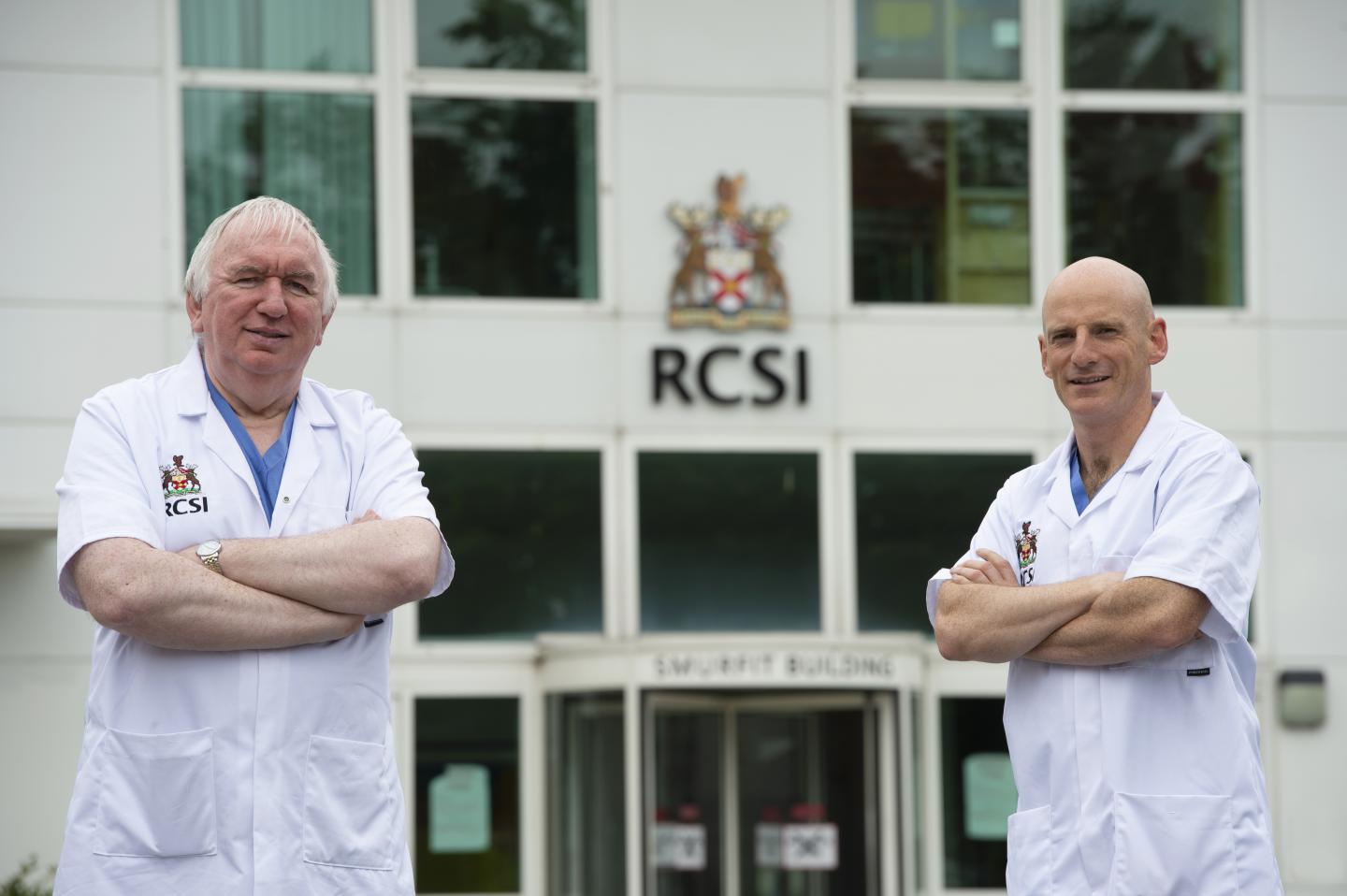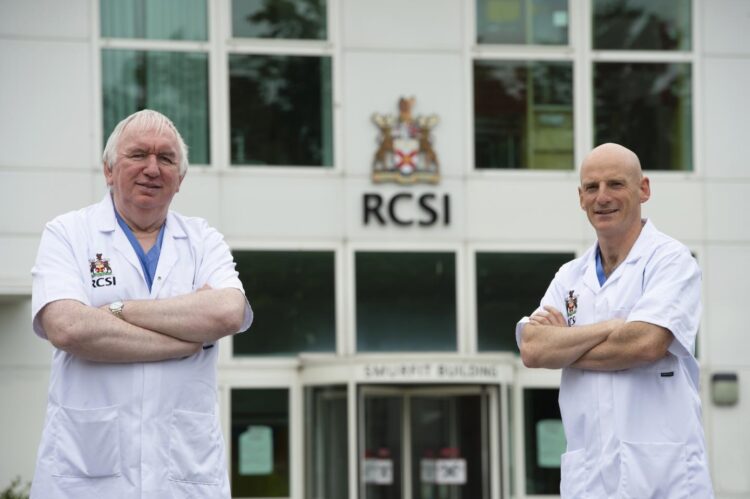Test could inform doctors on best treatment options

Credit: Ray Lohan
Wednesday, 14 October 2020: Scientists have developed, for the first time, a score that can accurately predict which patients will develop a severe form of Covid-19.
The study, led by researchers at RCSI University of Medicine and Health Sciences, is published in The Lancet’s translational research journal EBioMedicine.
The measurement, called the Dublin-Boston score, is designed to enable clinicians to make more informed decisions when identifying patients who may benefit from therapies, such as steroids, and admission to intensive care units.
Until this study, no Covid-19-specific prognostic scores were available to guide clinical decision-making. The Dublin-Boston score can now accurately predict how severe the infection will be on day seven after measuring the patient’s blood for the first four days.
The blood test works by measuring the levels of two molecules that send messages to the body’s immune system and control inflammation. One of these molecules, interleukin (IL)-6, is pro-inflammatory, and a different one, called IL-10, is anti-inflammatory. The levels of both are altered in severe Covid-19 patients.
Based on the changes in the ratio of these two molecules over time, the researchers developed a point system where each 1-point increase was associated with a 5.6 times increased odds for a more severe outcome.
“The Dublin-Boston score is easily calculated and can be applied to all hospitalised Covid-19 patients,” said RCSI Professor of Medicine Gerry McElvaney, the study’s senior author and a consultant in Beaumont Hospital.
“More informed prognosis could help determine when to escalate or de-escalate care, a key component of the efficient allocation of resources during the current pandemic. The score may also have a role in evaluating whether new therapies designed to decrease inflammation in Covid-19 actually provide benefit.”
The Dublin-Boston score uses the ratio of IL-6 to IL-10 because it significantly outperformed measuring the change in IL-6 alone.
Despite high levels in blood, using only IL-6 measurements as a Covid-19 prognostic tool is hindered by several factors. IL-6 levels within the same patient vary over the course of any given day, and the magnitude of the IL-6 response to infection varies between different patients.
The Dublin-Boston score was developed by researchers from RCSI, Harvard University, Beaumont Hospital in Dublin and the Brigham and Women’s Hospital in Boston.
ENDS
About RCSI University of Medicine and Health Sciences
Ranked number one globally for Good Health and Well-being in the Times Higher Education (THE) University Impact Rankings 2020, RCSI University of Medicine and Health Sciences is an international not-for-profit university, with its headquarters in Dublin.
RCSI is exclusively focused on education and research to drive improvements in human health worldwide. It is among the top 250 universities worldwide in the THE World University Rankings (2021) and is ranked second among the universities in Ireland. Its research is ranked first in Ireland for citations. RCSI has been awarded Athena SWAN Bronze accreditation for positive gender practice in higher education.
Visit the RCSI MyHealth Expert Directory to find the details of our experts across a range of healthcare issues and concerns. In support of the UN Sustainable Development Goals to promote health and wellbeing, these academics, clinicians and researchers are willing to engage with the media in their area of expertise so they can empower people with information that leads them to better health.
###
Media Contact
Michael Sullivan
[email protected]
Related Journal Article
http://dx.





